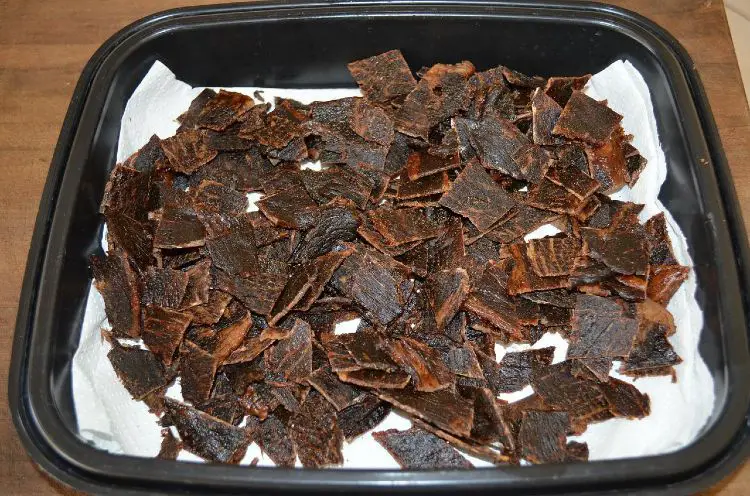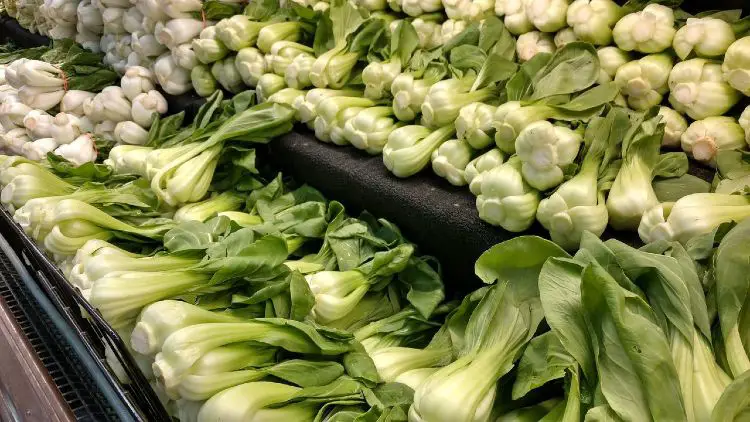The Bird Battalion
April is the month of action. Gone are the palid, pewter days of winter that subdue my instinct to venture further than the log store in my back storm porch, and in comes spring with its fresh, optimistic, fragrant zeal beckoning me out into the kitchen garden.
Two of the most important things that all organic gardeners can be doing at this time of year is to encourage and look after the birds that visit the garden. Birds are really the best batallion, frontline defense against aphids, caterpillars, slugs and snails, as during the course of their lifetime they consume literally thousands of the enemy and their progeny . In my garden, I do not spray pesticides and I do not use any chemical pest deterrants. I just attract a whole army of winged recruits, and they wage ecological warfare through their own marauding survival tactics; feeding and attacking, plundering and munching. I also get to enjoy their beautiful colours and entertaining antics.
I have hung up a dozen birds nests in various parts of the garden, spaced out accordingly, and always bearing in mind locations away from direct sun, rain or wind. Some are hung high up on trees, with the aid of my aged stepladder, whilst others are hung lower down on walls, not so low, however, that a cat can lie in ambush, threatening to pounce from the long grass. Some have bigger entry holes for larger birds, whilst others have tiny entrances, and I ensure there is suitable habitation for each species. It is quite amusing, however, to find that birds do not actually follow the intentions of the instruction leaflet’s writer, and they end up nesting precisely where they want to. Territorial squabbles do ensue from time to time, but after the first menacing, rallying avian phalanxes have calmed down, each species hunkers down into their own area. Nesting and breeding begins.
I do not really have a specialist bird feeder as my kitchen garden is walled. I therefore arrange shallow terracotta bowls along the wall filled with mixed bird seeds and peanuts, and to wash them I just put them in the dishwasher on the hot setting, as I have read in the RSPB guide. I also leave out some chopped apples for them, maybe some scraps of toast, cereal, porridge oats or even a few raisins and bacon. It is essential that you leave out plenty of fresh water for birds as they not only need it for drinking, but also for washing.
I tend to put plenty of food and water out very early in the morning, at around dawn, when I get up to let my dog, Colonel Rufus, out. The birds are normally waiting for me, especially the robins, which I call The Generals as they are extremely territorial and will fight to the death to protect their patch. If you feed the birds, especially during winter, remember to do it consistently because birds will fly great distances to get to your garden to eat, and if they get there and there is no food they may well have lost a great deal of body weight in the cold, just to get to an empty plate.
I try to maintain a certain level of tidiness along the parts of the garden that are nearest to my house, but further away from the house I allow the wilderness to creep in. I leave stacks of logs and kindling to encourage the sorts of bugs and beetles that birds feast upon. I leave certain parts of the lawn unmowed, I leave some leaves unraked and I also leave some rotting orchard fruit around the base of the trees. I also have several great big compost heaps, teeming with insects and flies.
I find snails underneath terracotta pots, inside the rim of long tom planters and underneath teak garden chairs. I mercilessly place them in my galvanised “slug bucket”, and I then pour them all out on the garden wall. Within minutes a regiment of thuggish tits has made antipasti of them, only a few broken shells left on the bricks.
The end result of all this largesse and bounty is that bullfinches, fieldfares, redwings, sparrows, house martins, jays, robins, tits, thrushes, blackbirds and even a cuckoo bird have decided to nest in and around my kitchen garden and under the eaves of my roof. They are my loyal army: they defend the summer harvest to be reaped, keep me joyful company and fill the spring air with enchantment and song. The patient plotter has no greater friend than the common garden bird.
If you want more information or if you want to buy nests or bird feeders, take a look at the following websites:
www.rspb.org.uk (Royal Society for the Protection of Birds)
www.gardentrading.co.uk (Garden Trading mail order company)




